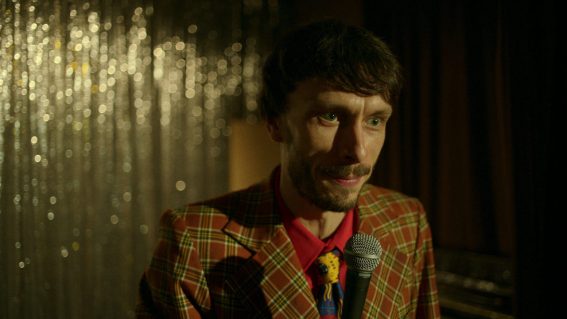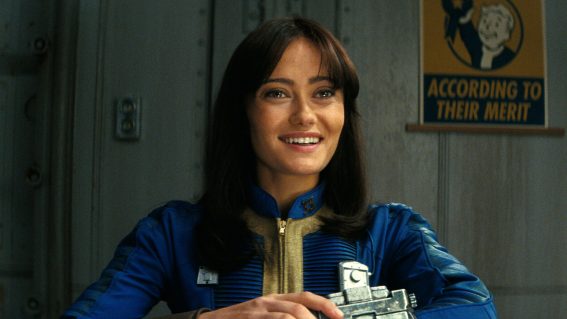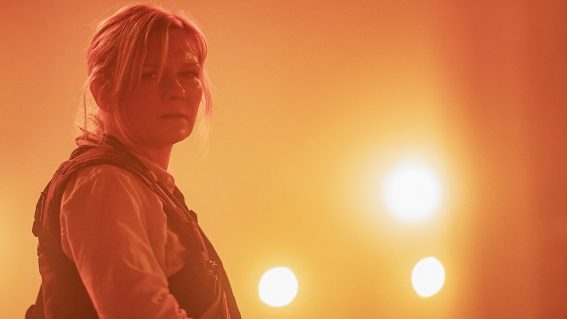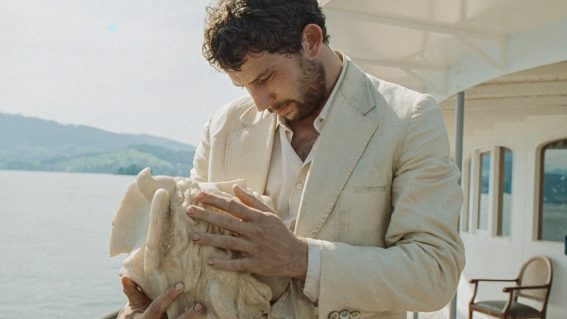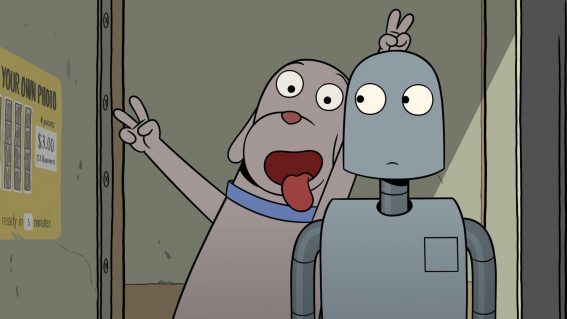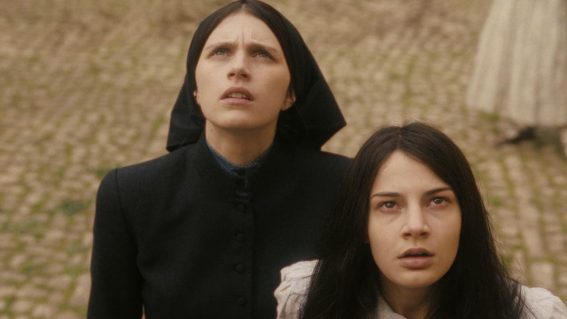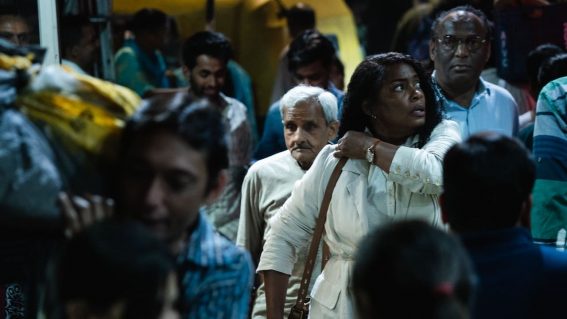It’s convoluted and overly long, but The Last Duel is a compelling examination of female victimhood
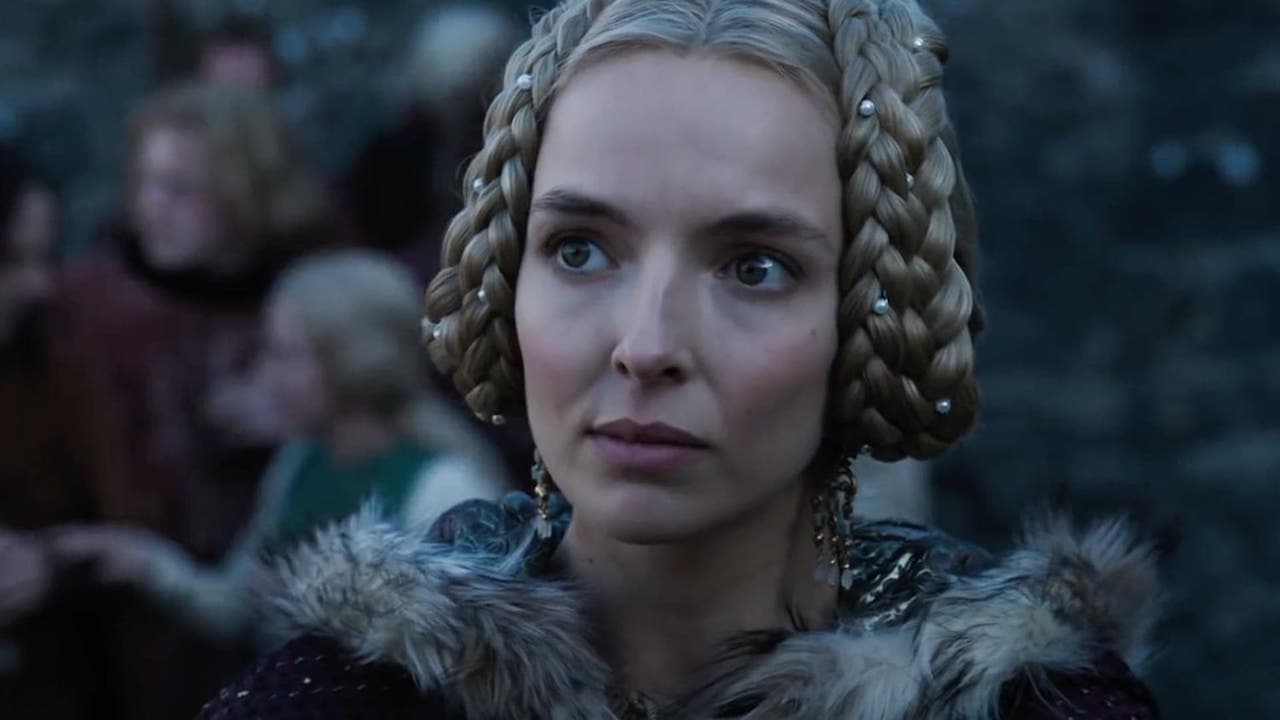
Showing three perspectives of a shocking historical assault and the climactic combat that followed, The Last Duel is like a medieval take on Rashomon, writes Fatima Sheriff.
The Last Duel
Ridley Scott’s new film, which explores the trauma of sexual assault that women have endured for decades, is based in France in the later decades of the 14th century. It opens by depicting the painstaking preparations behind its eponymous combat. Layers upon layers of clothing are put on Marguerite De Carrouges (Jodie Comer) and several pieces of armour upon her husband Jean De Carrouges (Matt Damon) and his opponent Jacques le Gris (Adam Driver).
This cold and silent opening provides a microcosm for the film as a whole, the events leading up to the duel told three times over in different chapters—each retelling from one of three different perspectives. This delicate and laborious process is undertaken over a two hour 32 minute running time, slowly putting the historical and political affairs into the background to focus on its characters in exhaustive detail.
This ‘he-said, he-said, she-said’ format is cleverly done. Its introduction is set to the deafening pound of horse’s hooves and the clash of weapons, placing the film in the familiar territory of other period pieces—such as Scott’s first feature The Duellists. Jean sees himself as courageous and wronged, omitting the more humiliating aspects of his downfall, while Jacques is shown to use his charming demeanour to capitalise on these weaknesses. The slowest parts of the film are when the tragedy of their doomed friendship is plotted out, marked by issues of minor and major consequence, from moments in battle to arguments over property rights.
The legal aspect of the duel, though bureaucratic earlier on, becomes intriguing when it is sanctioned by the King of France at the time, the young Charles VI (Alex Lawther). There is a darkness in the way the boyish king revels in prompting the violence, an incisive glimpse into upper-class disregard for human life in favour of entertainment.
The costumes and battles appear to be accurate, along with the slightly labyrinthine terminologies of ranking and royal courts, but as ever the neutrality of the Hollywood medieval accents reigns: not quite British, not quite American, not quite French (though Harriet Walters makes a valiant effort), all of which can be a little distracting from the dialogue.
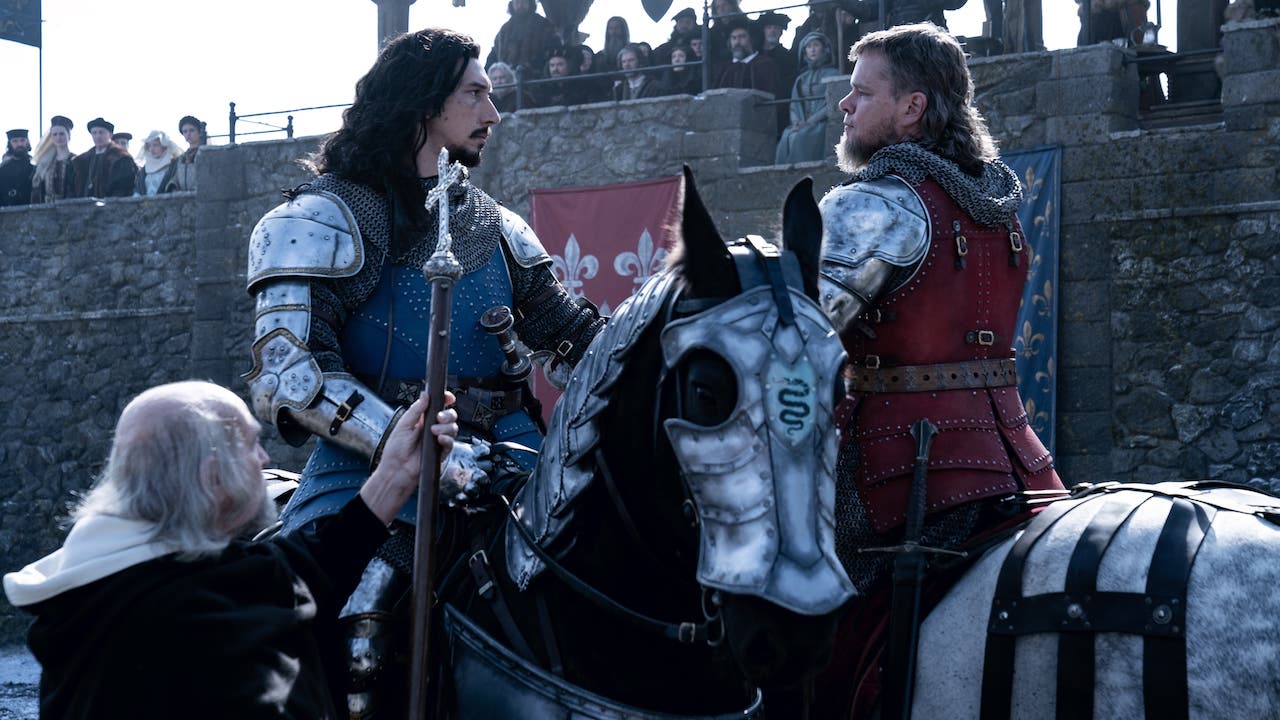
I don’t even know where to begin with Ben Affleck’s anachronistic platinum blonde hair. But those issues aside, this is a story that transcends its historical context to make a sympathetic commentary on how women inevitably lose in these scenarios.
The Rashomon effect is the most damning in the final act, when Marguerite, who has previously been portrayed as somewhat submissive or flirtatious, comes into her own. We learn she is well-read, witty amongst her friends, and smart when it comes to managing the estate she is left to run. But her joys are often short-lived and she suffers far more emotionally than the gory battle wounds sustained by her husband and le Gris.
Her life is claustrophobic: her marriage is a glorified economic transaction and she is often stuck at home to deal with the barbs of her vitriolic mother-in-law (Walters), all before the assault that defines her story occurs. Juxtaposed with incredibly bloody violence, Comer’s nuanced performance reveals the extent of Marguerite’s trauma down to minute trembles in her eyes, and is just as crushing as the film’s broken bones and beheadings.
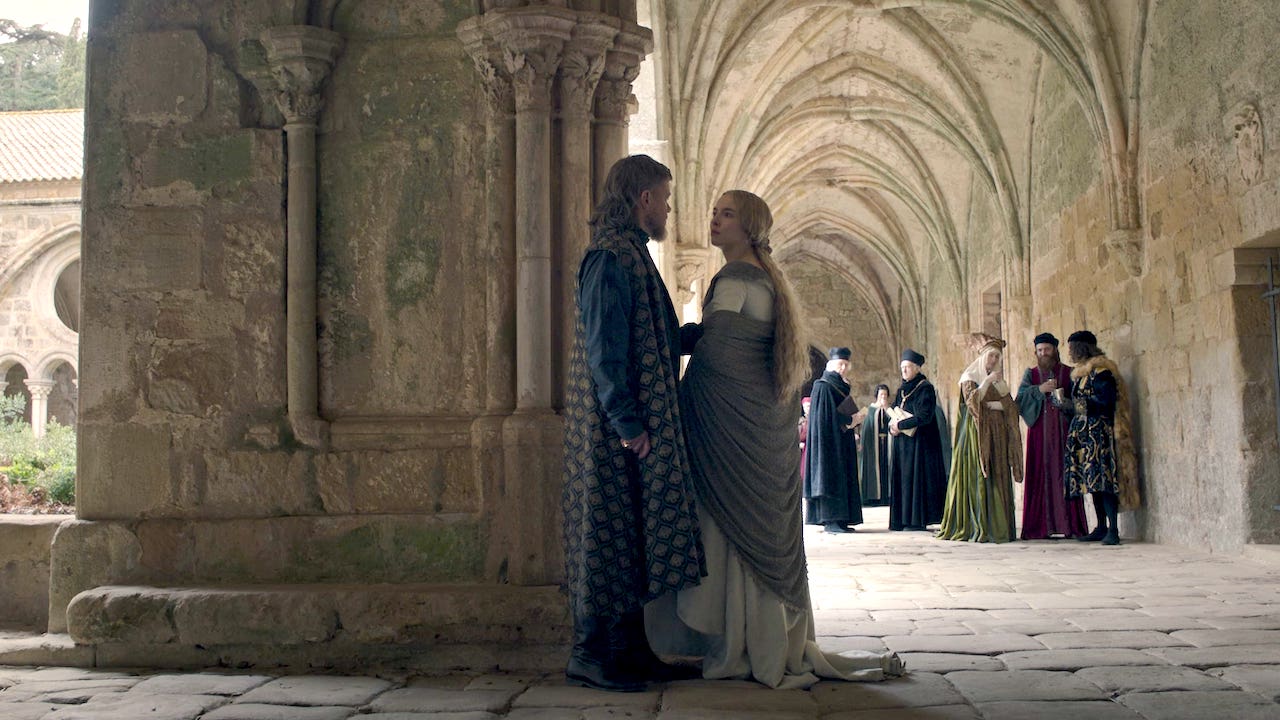
Though sometimes the conversations around the assault feel a little too modern to fit the time, Nicole Holocefner’s contributions in writing and production come through to craft a heroine who is devastatingly empathetic, rightly eclipsing her counterparts and overshadowing the tense denouement of the actual duel. At the end of the day, as Walters’ character succinctly puts it: “this is not about right or wrong, but the power of men”—though the morality becomes crystal clear, this journey doesn’t happen in the name of justice.
The Last Duel is convoluted and overly long, but just carefully crafted enough to make it worth the wait for the final act. The slow-burn build-up of tension between Damon and Driver sets up the emotional suspense and aggression of the duel itself, which is certainly a transfixing and climactic spectacle of brutality. But it is Comer (best-known for her role in Killing Eve) who demonstrates she can dominate the big-screen as much as she has the small; rightly, it is Marguerite’s sexual assault and its toll on her that ultimately takes centre stage.







